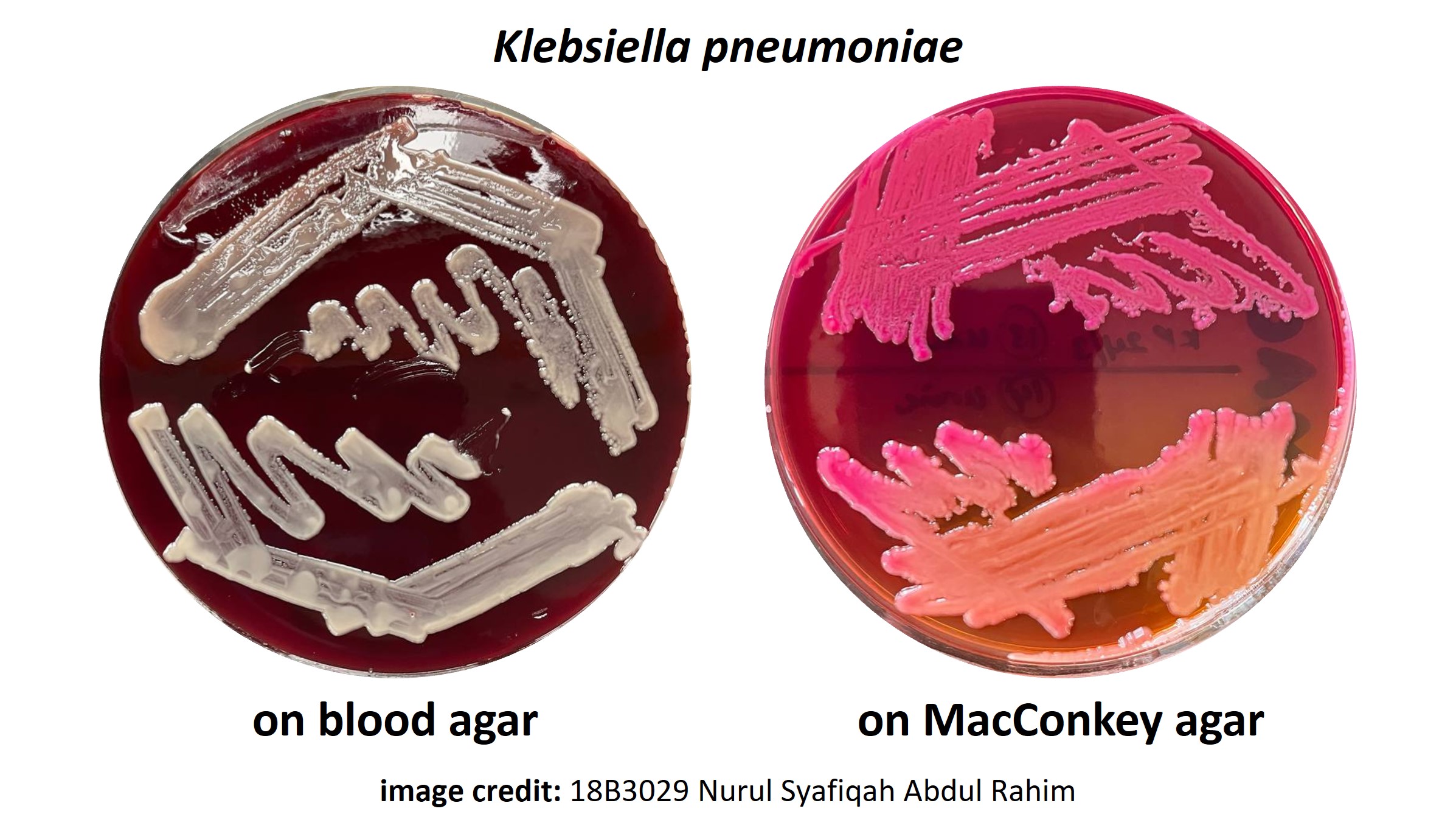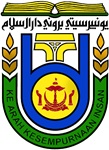The PAPRSB IHS laboratory is well equipped with facilities to conduct microbiology work. The laboratory is designed to be a biosafety level 2 (BSL-2) laboratory that can handle bacterial and fungal microorganisms. This laboratory can only be accessed with an authorized card. Only trained researchers are allowed to work in this laboratory with good laboratory practice.
The facility can safely store the microorganisms in -80 °C and -20°C freezers as well as culture any organisms in the biosafety cabinets. The laboratory has 3 incubators with adjustable temperatures settings for bacterial and fungal growth. All standard protocols are available as per the Clinical & Laboratory Standards Institute (CLSI) guidelines. Training is available upon request.
Microbiology research at PAPRSB IHS is supported by a central store which houses the common media to grow and maintain bacterial and fungal organisms and to run microbiology experiments. Research is also supported by the molecular cell biology and genetics laboratory, tissue culture facilities, and the UBD Herbal Research Group.

published 21/07/2022
last updated 16/08/2022
Facilities in Brief
- To grow bacteria and fungi
- common growth media (agar / liquid broth)
- glassware and plasticware
- incubators of different temperature settings
- biosafety cabinets
- To grow and identify bacterial strains
- plasticware
- incubators
- staining area
- microscopes
- To maintain and store bacterial and fungal strains
- common storage media and cyrotubes
- fridge and freezers (-80°C and -20°C freezers)
- Basic microbiology research
- Antibacterial activities of extracts from different herbal plants
- Antibiofilm activities of extracts from different herbal plants
- Antibiotic resistance research of selected clinical strains
- common antibiotic discs and powders
- plasticware
- standard protocol for Kirby-Baeur's disc diffusion, minimum inhibitory concentration (MIC) and minimum bactericidal concentration (MBC) methods as per Clinical & Laboratory Standards Institute (CLSI) guidelines
- ELISA reader
Projects currently using the facilities:
- Antibacterial activities of extracts from different herbal plants
- Asplenium nidus (bird’s nest fern)
- Cosmos caudatus (cosmos / ulam raja)
- Morinda citrifolia (Indian mulberry)
- Investigation of the effects of herbal extracts on oral bacteria and dental implants
- Molecular characterization of extended-spectrum, beta-lactamase-producing Acinetobacter baumannii and ESBL-producing Klebsiella pneumoniae isolated from clinical settings
- Molecular characterization of methicillin-resistant Staphylococcus aureus (MRSA) and coagulase-negative Staphylococci (CONS) isolated from clinical settings
